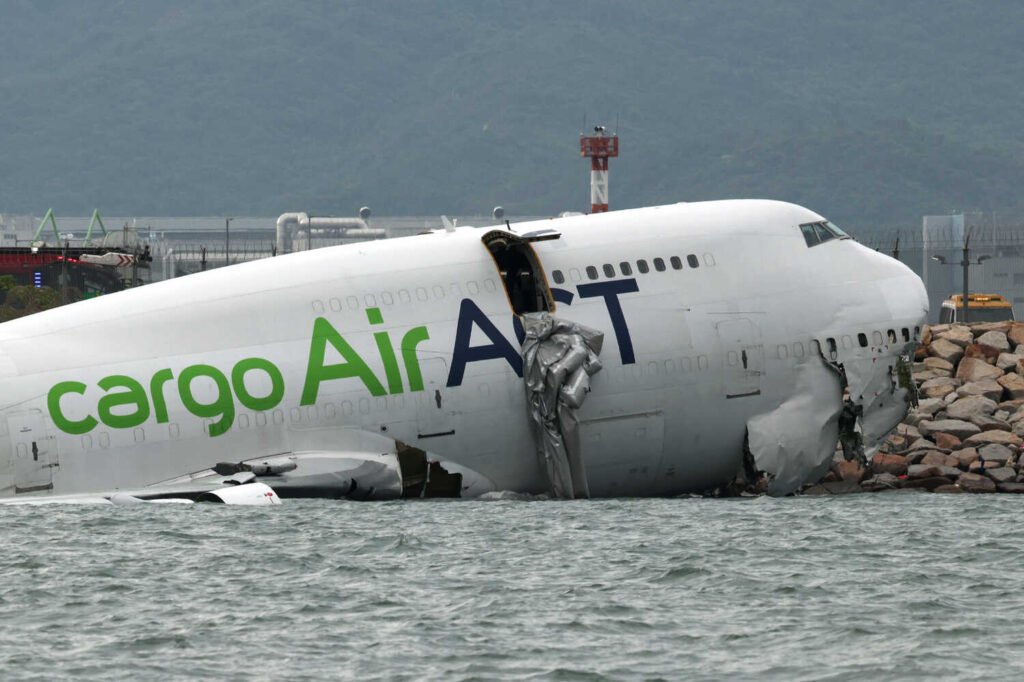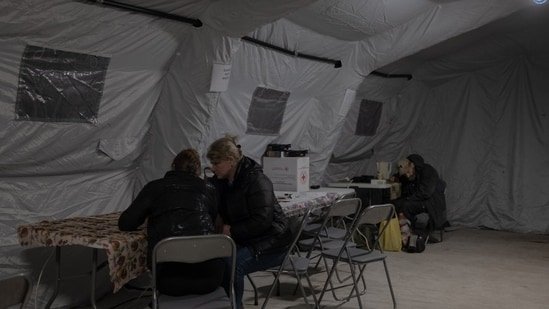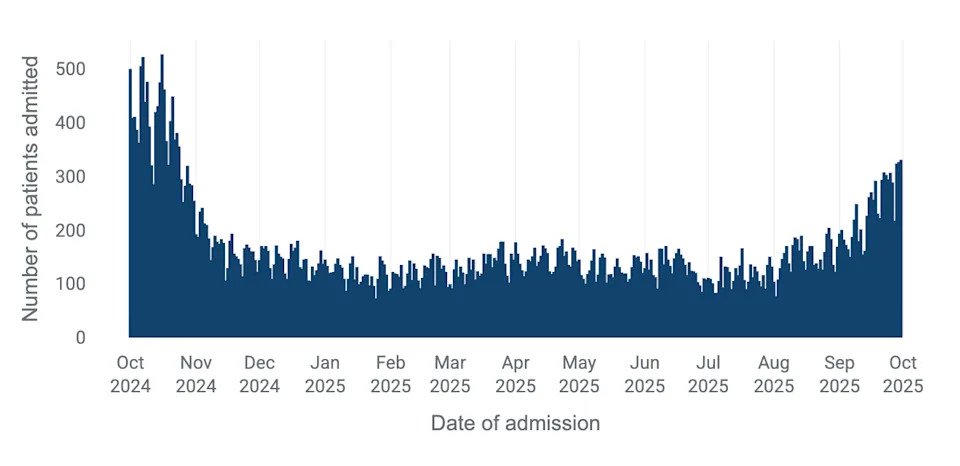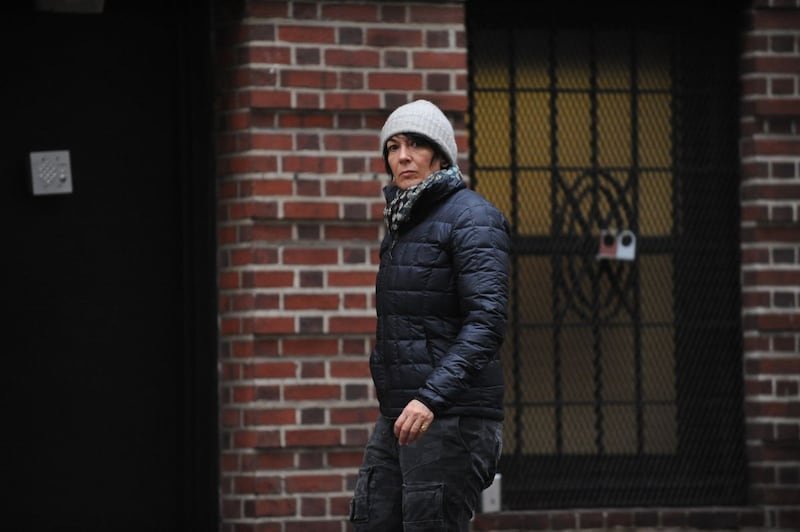Its dominance was decades in the making.
Since the 1990s, China has used aggressive tactics to build up and maintain its lock over rare-earth minerals, which are essential to making magnets needed for cars, wind turbines, jet fighters and other products.
Beijing provided financial support to the country’s leading companies, encouraged them to snap up rare-earth assets abroad, and passed laws preventing foreign companies from buying rare-earth mines in China. It eventually consolidated its domestic industry from hundreds of businesses into a few giant players, giving it further leverage over prices.
When the U.S. tried to engineer a revival of its domestic industry a few years ago, China flooded the market with supply, throwing Western producers into a tailspin. As Western rare-earth companies’ valuations collapsed from the low prices caused by soaring Chinese production, they were forced to slow their expansions, and in some cases, sell their mines to Chinese buyers.
Beijing’s methodical approach to dominating the industry—it now produces around 90% of global refined supply—reflects China’s ability to use state control over the economy to achieve goals that often elude the U.S., where policymaking is more erratic.
It also suggests that fresh U.S. efforts to resurrect its domestic rare-earths industry could prove difficult to sustain. Washington has committed to spending billions of dollars investing in a major U.S. producer and purchasing its output, among other steps. But China is likely to do everything it can to ensure it doesn’t lose its rare-earth leverage.
Earlier this month, China said it would require companies that make magnets abroad using Chinese rare-earth materials to seek permission from Beijing before exporting. President Trump responded by threatening an additional 100% tariff rate on Chinese goods, though he later said that would be unsustainable.
The standoff echoed an earlier confrontation in April, when Beijing cut off rare-earth supplies to American companies, temporarily forcing U.S. automobile factories to shut down. Beijing gradually eased magnet exports later, after striking agreements with Washington, but continues to tightly control supply.
Chinese officials have defended their rare-earth restrictions as legitimate moves aimed at preventing the minerals’ misuse. They have also accused the U.S. of using its own aggressive tactics to unfairly handicap China’s economy, citing U.S. export controls on semiconductors, according to He Yongqian, a spokeswoman for China’s Commerce Ministry.
Long game
As recently as 1991, the U.S. was the world’s leading supplier of rare earths, thanks to a large California mine called Mountain Pass. But China also had abundant rare earths, and its long-term strategy was becoming clear.
“The Middle East has oil, China has rare earths,” Chinese leader Deng Xiaoping famously said, according to state media.
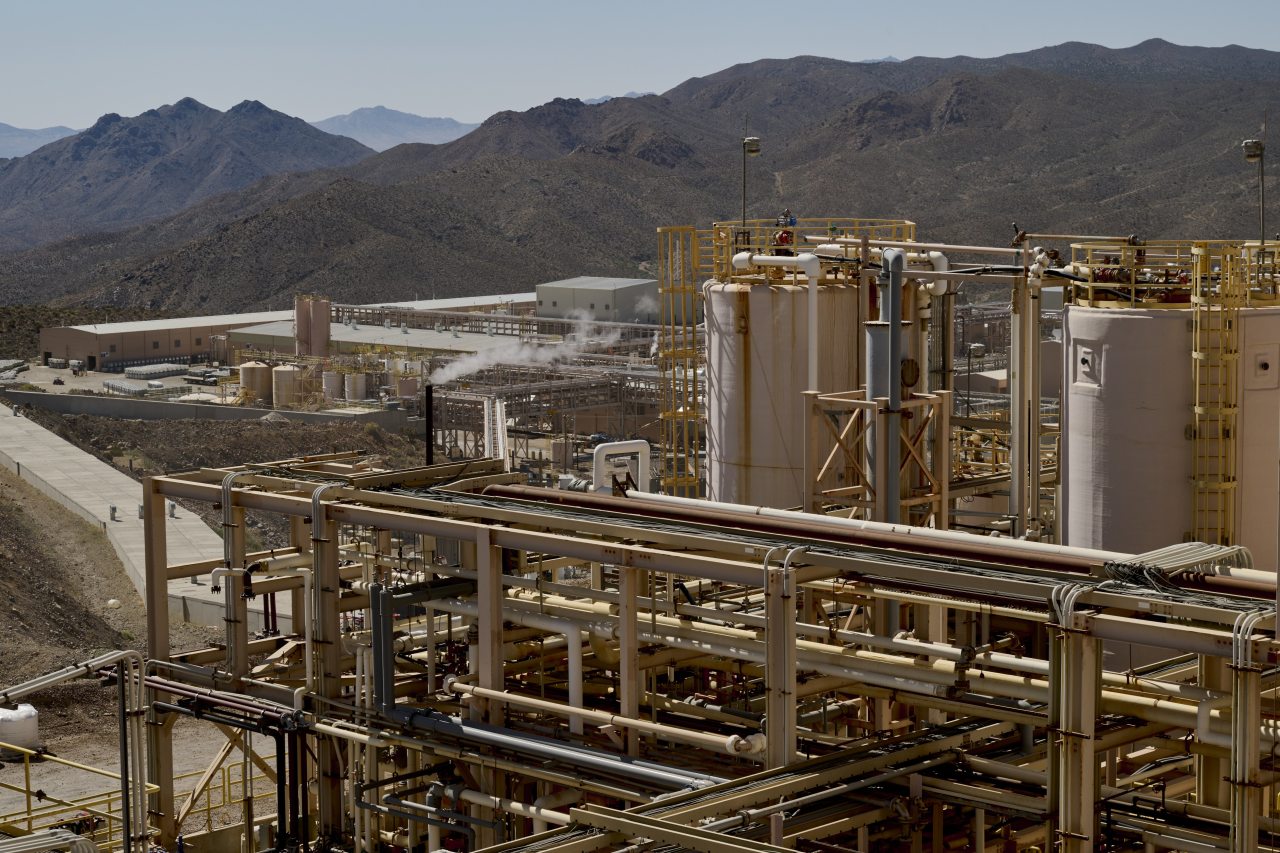
Mitchell Presnick, an American who at the time was a uranium trader, recalls offering to cooperate with a major Chinese state-owned trading company in the early 1990s to invest in Chinese rare earths. Such an arrangement would be very difficult, he says he was told.
In 1991 China passed a law calling rare earths “strategic” and restricting foreign mining companies from working with local companies to mine certain Chinese deposits. The government even prevented foreigners from visiting those mine sites without special authorization. It used export tax rebates to encourage domestic companies to scale up production.
Over dinners with his counterparts at Minmetals, a Chinese state-owned mining and trading giant, Presnick said he heard about China’s impressive heavy rare-earth reserves, and the hope that it would grow into a big industry. “They knew that rare earths were more important than we seemed to be acting like,” said Presnick, who later launched the Super 8 hotels brand in China. “They really seemed to place a lot of importance on this.”
China also recognized it would need to move up the rare-earths value chain if it wanted to command the industry. Instead of just mining, Beijing needed to be able to process the ore and turn it into magnets—expertise that could only be found overseas.
Buying U.S. assets
In 1995, Chinese state-linked companies received U.S. government approval to buy the rare-earth materials and magnet business started by General Motors, called Magnequench. In the following years, ownership shut down all its rare-earth plants in the U.S. and shipped the equipment to China. Top American engineers were offered opportunities to go to China and set up new plants there.
“There were some colleagues that were dead set against it, saying they would never help China learn our technology,” said one magnet expert who ultimately agreed to go to China.
“When I arrived, I could not believe what I was seeing. The number of new factories being built, and the rate at which they were being built, was mind-blowing,” he said.
A former Magnequench engineer, Mitchell Spencer, said he agreed to set up a plant in the Chinese city of Tianjin, which was intended to be a sister facility to his home factory in Indiana. He was confused when he got a call telling him to double the Tianjin factory’s capacity.
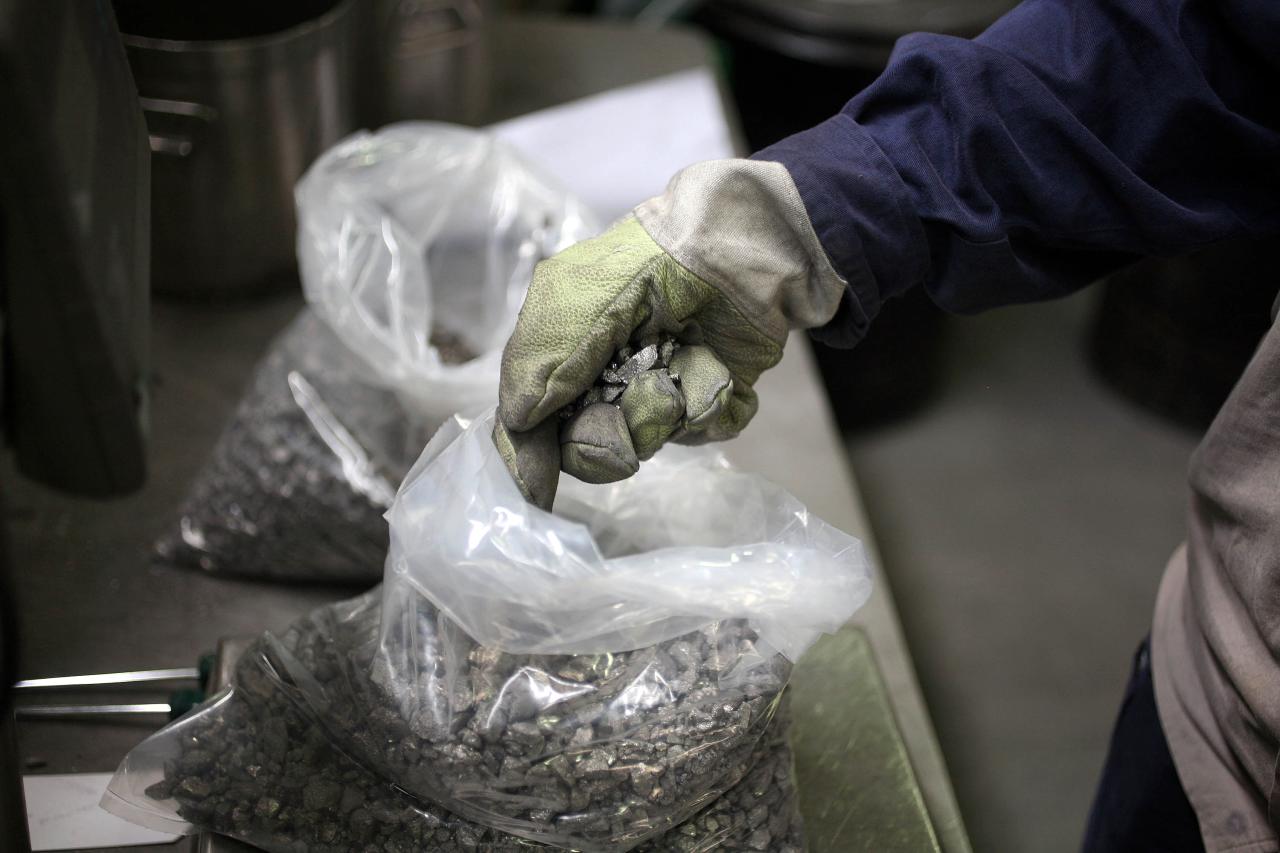
Not long after returning home, he learned the Indiana factory was being closed.
By the mid-2000s, the U.S. rare-earth industry had been all but wiped out. Mountain Pass, America’s major rare-earth mine, had been shut down, as had virtually all American facilities that processed rare earths and turned them into magnets.
China produced around 97% of the world’s rare earths, giving it what was effectively a global monopoly.
Project Phoenix
Beginning around 2005, China’s government tightened the screws, levying export taxes on rare earths that made it costlier for Western magnet makers to churn out products. With virtually no rare-earth mines left outside China, motor-parts makers and other companies that relied heavily on rare earths opted to relocate factories from the West to China to access cheaper raw materials.
Rare-earth production became so limited in the West that an American company, Molycorp, attempted to revive the Mountain Pass mine and make its own magnets. It called its plan “Project Phoenix,” but it was destined to fail.
In 2012, the Obama administration, alongside the European Union and Japan, launched a suit against China at the World Trade Organization, accusing it of improperly using export quotas to restrict rare-earth supplies abroad. China argued that its restrictions were intended to keep mining at sustainable levels and protect the environment.
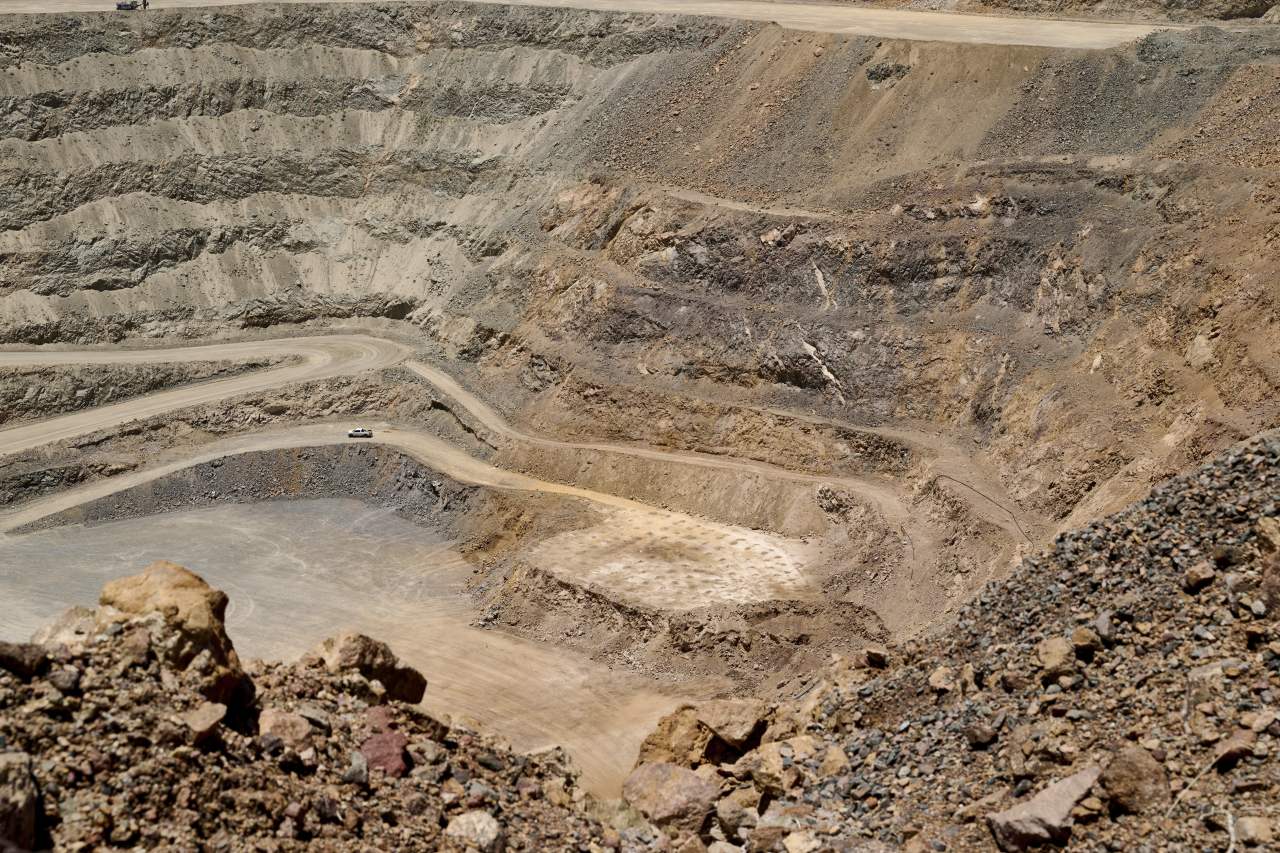
In 2014, the WTO ruled against China, concluding its export quotas were unfair. China abandoned them, and sales to the U.S. surged.
Molycorp went bankrupt as American rare-earth prices collapsed. For the second time in a little over a decade, cheap Chinese prices had contributed to shutting down America’s only rare-earth mine.
Mountain Pass eventually wound up in the hands of an American company called MP Materials. But it sought help from a Chinese partner to get the mine back up and running. Chinese rare-earth producer Shenghe Resources provided upfront financing and received a small stake in MP. Shenghe would then distribute MP’s rare earths to buyers in China, who used them to make magnets.
Playing hardball
By 2021, the U.S. government was growing more worried about China’s ability to weaponize rare earths, especially after Covid-19 disrupted supplies from China, causing prices to jump.
Washington began offering large-scale funding for new rare-earth plants, including a refinery in Texas to be built by Lynas, an Australian rare-earth company.
That year, the Association of China Rare Earth Industry issued a public warning: If Beijing wanted to maintain “China’s absolute dominant position,” the country needed to relax state production quotas.
Beijing, which continued to regulate how much Chinese rare-earth companies could produce despite lifting export controls, responded in 2022 by pushing up output by 25%, the most in years, with another large increase the following year. Prices tanked, hitting the bottom lines of Western producers and leading some to unload assets.
Beijing also introduced new measures preventing the transfer of its rare-earth processing technology abroad. In a speech, a Chinese government official was explicit about Beijing’s ambitions, saying it wanted to “strengthen China’s control over global rare earth resources,” according to state media.
Lynas, which originally planned to have its Texas operation ready to run as soon as 2025, hasn’t built the plant. It says there is significant uncertainty about whether the project will go ahead.
Some investments did move along, including rare-earth factories backed by General Motors, which wanted to be less reliant on Chinese supply. But there was nothing on the scale required.
In July, the U.S. government said it would take a 15% stake in MP Materials, America’s flagship producer which took over Mountain Pass and is building out processing and magnet facilities. The government is also deploying new tools, such as instituting a price floor for the company’s rare earths, to help ensure it can withstand any future influx of low-price Chinese minerals.
Still, China’s advantages can’t be undone overnight.
“For 20, 25 years we haven’t been vigilant,” Treasury Secretary Scott Bessent said at an investment forum. “Nobody was watching. Everyone was asleep at the switch.”
Write to Jon Emont at jonathan.emont@wsj.com

